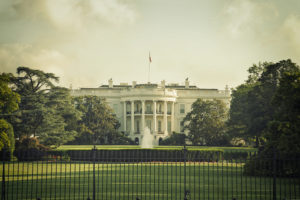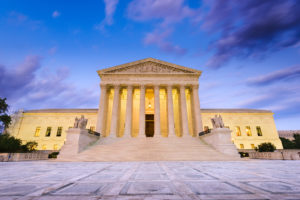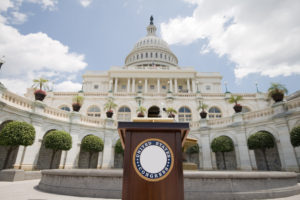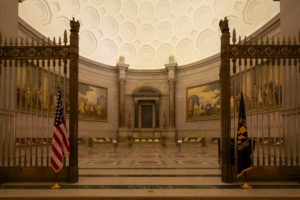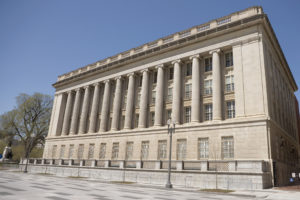Constraining the President’s Appointment Power
Court holds President Obama’s appointment of acting General Counsel for the NLRB was unlawful.
The Supreme Court’s 2016–2017 Regulatory Term
Legal scholars and practitioners analyze the Court’s most important regulatory decisions of this past term.
The Dangers of Formulaic Deregulation
Executive Order 13,771 could lead to incidents like the Grenfell Tower fire in the United States.
An Empirical Analysis of the Establishment of Independent Agencies
A divided government may not fully explain the creation of agencies not directly controllable by the President.
Achieving Agency Compliance
Scholar examines the role of contempt findings in ensuring agency compliance with court orders.
When Federal Agencies Do Not Answer to Courts
Scholar examines how agencies operate independently of courts through rulemaking and legislative drafting.
The Future of Countercyclical Regulation
Scholars evaluate the viability of adjusting regulations to accommodate changes in economic conditions.
The Constitutional Executive Order on Regulatory Budgets
President Trump’s regulation-trimming executive order will likely survive judicial scrutiny despite potential policy objections.
Ordering Agencies to Violate the Law
President Trump’s regulatory budget executive order withholds agency action and harms the American public.
A Debate Over President Trump’s “One-In-Two-Out” Executive Order
Policy experts consider the constitutionality of a cornerstone of the President’s regulatory reform efforts.
The Administrative State Has Run Amok
Recent momentum in favor of regulatory reform is a positive development, and long overdue.

